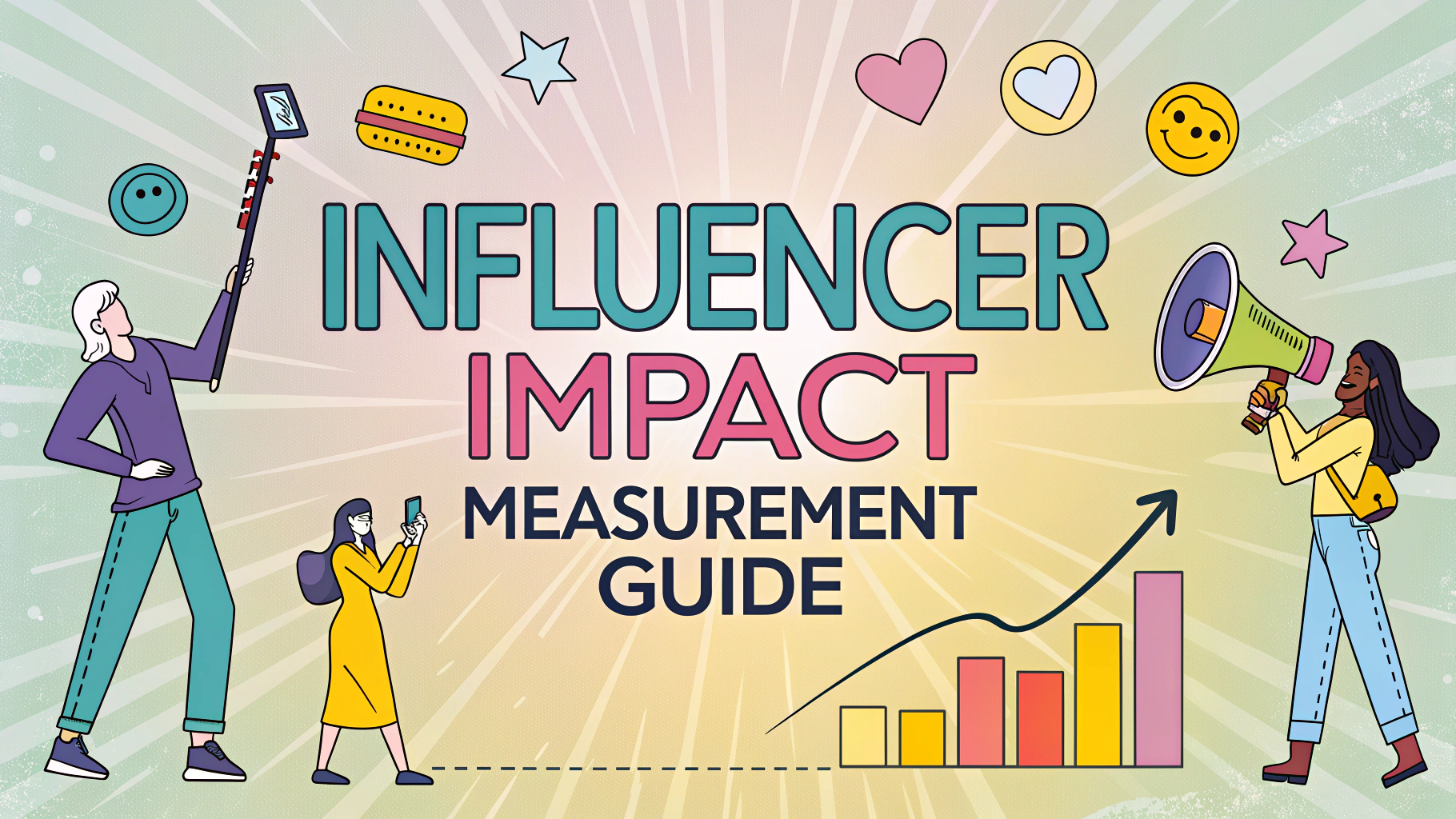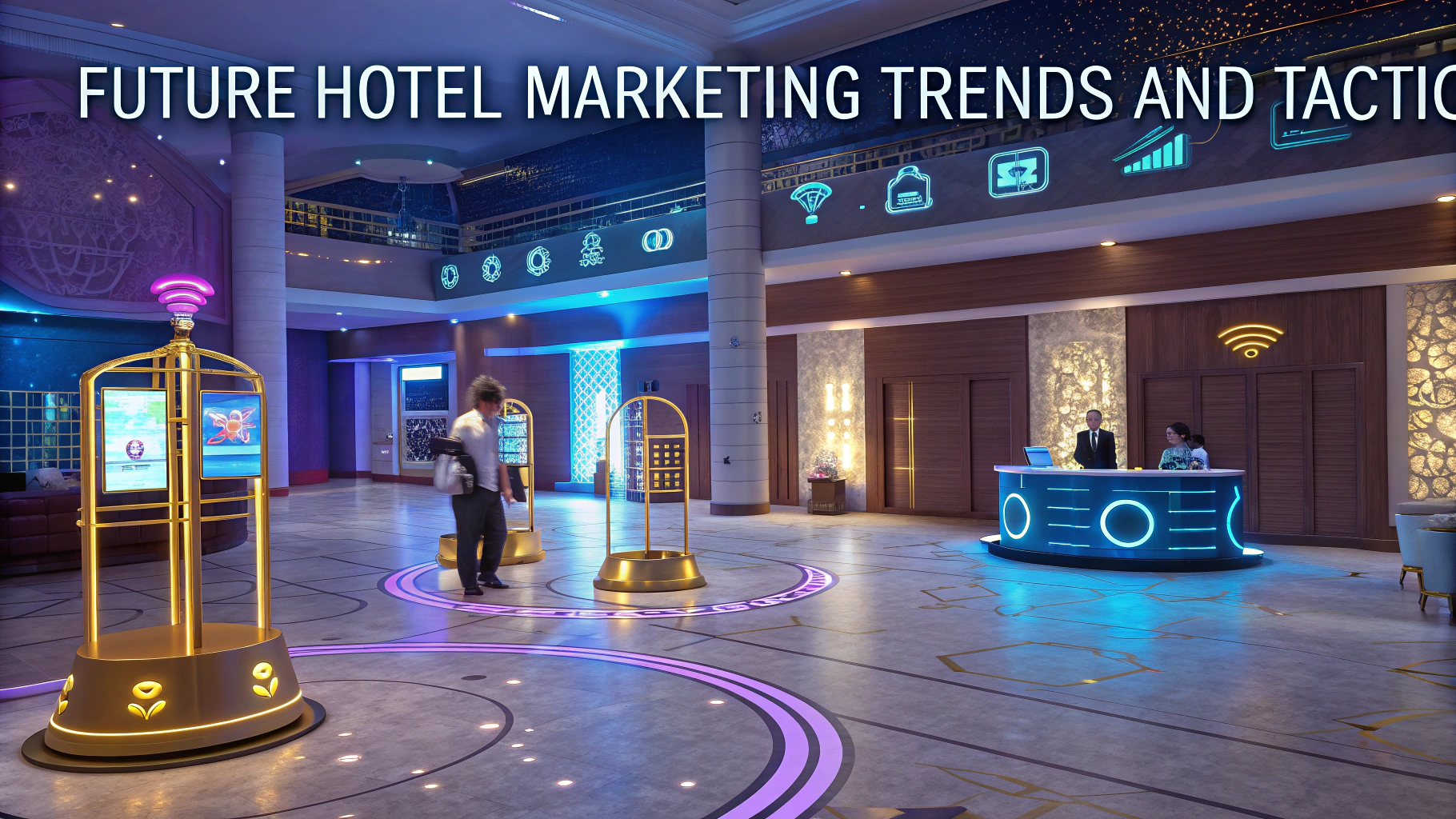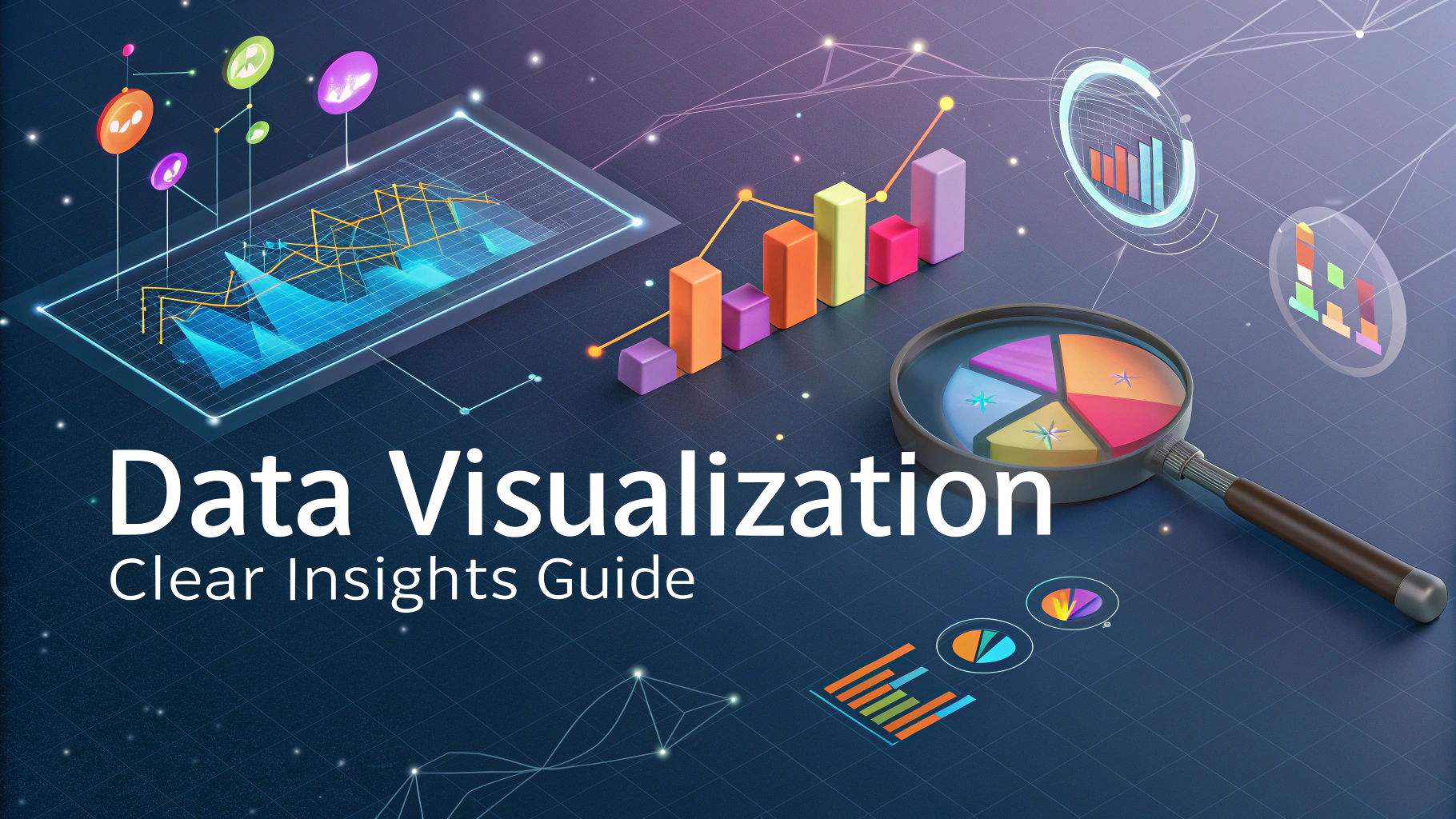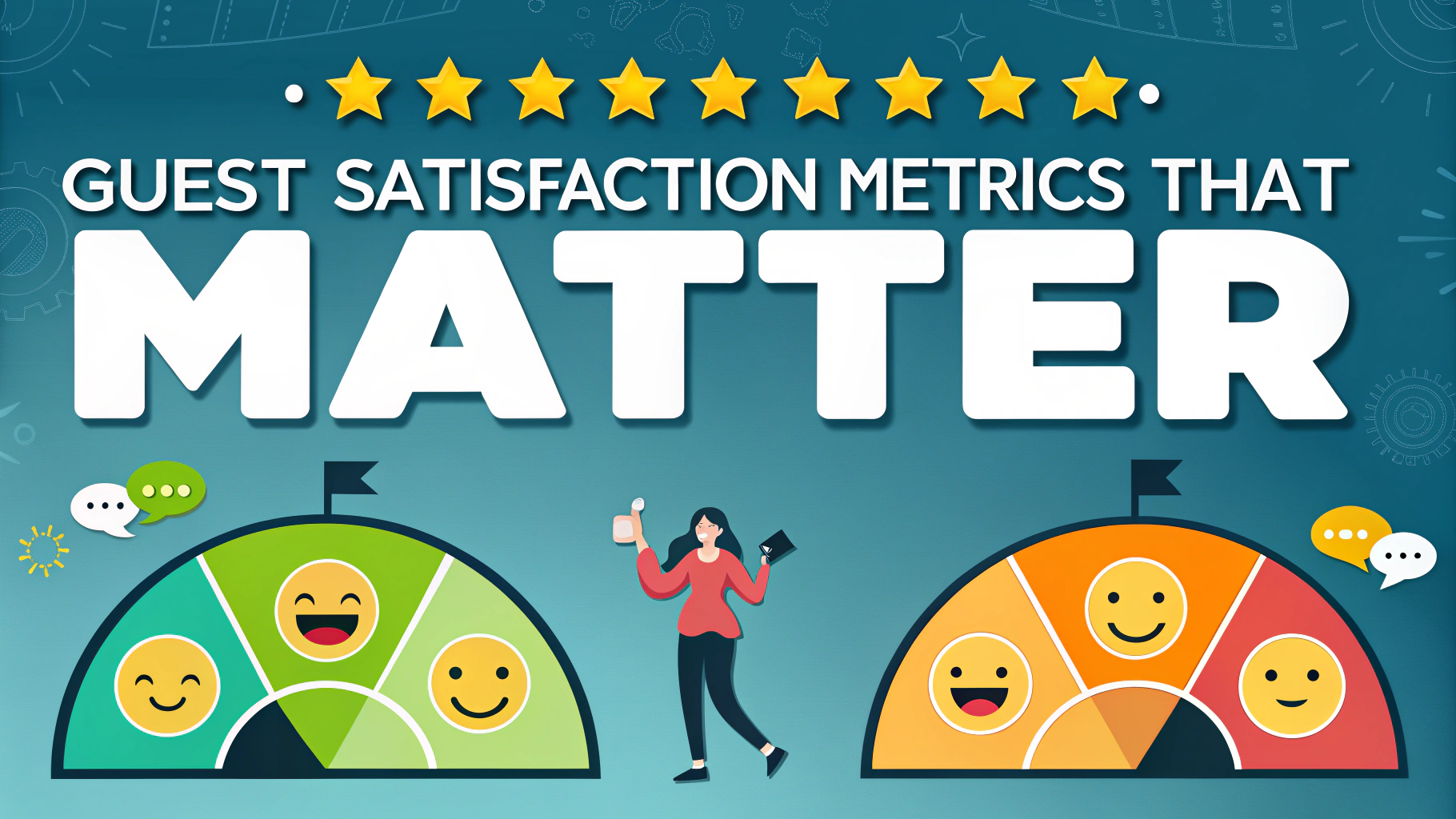Measuring influencer impact for hotel marketing requires strategic analysis and precise tracking methods to determine ROI and campaign effectiveness.
Hotels can leverage influencer partnerships to showcase their unique experiences, amenities, and locations through authentic content creation and storytelling.
Understanding key metrics and implementing proper measurement tools helps hotels optimize their influencer marketing investments and reach their target audience effectively.
Key Performance Indicators (KPIs)
- Engagement rate (likes, comments, shares)
- Reach and impressions
- Direct bookings through influencer codes
- Website traffic from influencer content
- Brand mention sentiment
- Content quality and relevance
Tracking Tools and Methods
Use UTM parameters in influencer links to track traffic sources in Google Analytics.
Implement unique booking codes or landing pages for each influencer campaign.
Monitor social listening tools like Mention or Brandwatch to track brand mentions and sentiment.
Engagement Analysis
| Metric | Calculation |
|---|---|
| Engagement Rate | (Likes + Comments + Shares) / Total Followers x 100 |
| Story Completion Rate | (Last Story Views / First Story Views) x 100 |
ROI Calculation
Calculate ROI using this formula: (Revenue Generated – Campaign Cost) / Campaign Cost x 100.
Content Quality Assessment
- Image and video quality standards
- Brand alignment check
- Message consistency
- Audience relevance
Audience Analysis
Review influencer audience demographics to ensure alignment with hotel target market.
Check follower authenticity using tools like HypeAuditor or Social Blade.
Campaign Documentation
- Track deliverables against campaign brief
- Document posting times and formats
- Monitor hashtag usage and mentions
- Record direct messages and inquiries
Next Steps for Success
Compare results across different influencers to identify top performers for future partnerships.
Use collected data to refine influencer selection criteria and campaign strategies.
Maintain relationships with successful influencers for long-term collaboration opportunities.
Resources and Tools
- Google Analytics – Traffic tracking
- Mention – Social listening
- HypeAuditor – Audience analysis
- Social Blade – Performance tracking
Campaign Optimization Strategies
- A/B testing different content formats
- Experimenting with posting times
- Testing various call-to-action approaches
- Adjusting content mix based on performance data
Long-term Impact Measurement
Track brand awareness and sentiment changes over extended periods through:
- Quarterly brand health surveys
- Year-over-year booking comparisons
- Social media follower growth trends
- Customer feedback analysis
Risk Management
Preventive Measures
- Clear contractual agreements
- Content approval processes
- Crisis communication plans
- Regular performance reviews
Quality Control
- Regular content audits
- Performance benchmark monitoring
- Compliance checks
Integration with Overall Marketing Strategy
Align influencer campaigns with:
- Seasonal promotions
- Brand messaging guidelines
- Marketing calendar events
- Cross-channel promotional activities
Maximizing Influencer Marketing Success
Success in hotel influencer marketing requires continuous monitoring, adaptation, and refinement of strategies based on collected data and insights.
Focus on building authentic relationships with influencers who genuinely align with your brand values and target audience.
Maintain flexibility in approach while staying true to core measurement metrics and ROI goals.
FAQs
- How do you measure the ROI of influencer marketing campaigns for hotels?
Track direct bookings through unique promo codes, monitor website traffic from influencer referrals, analyze engagement metrics (likes, comments, shares), and measure brand mention increases during and after campaigns. - What metrics should hotels focus on when evaluating influencer performance?
Key metrics include engagement rate, reach, impressions, story views, click-through rates, booking conversions, content quality, and audience demographic alignment with target market. - How can hotels identify the right influencers for their property?
Evaluate influencer audience demographics, engagement rates, content quality, past hospitality collaborations, authenticity of following, and alignment with hotel brand values and target market. - What’s the average conversion rate for hotel influencer marketing campaigns?
Conversion rates typically range from 1-3% for micro-influencers and 2-5% for macro-influencers in the hospitality sector, though rates vary based on factors like seasonality and campaign type. - How long should hotels track influencer campaign results?
Monitor immediate impact for 30 days post-campaign and long-term effects for 3-6 months, including direct bookings, social media growth, and brand sentiment changes. - What tools are essential for measuring influencer marketing success in hospitality?
Google Analytics, social media analytics platforms, UTM tracking, booking system data, social listening tools, and influencer-specific tracking platforms like Traackr or Upfluence. - How can hotels measure the impact of influencer content on brand awareness?
Track brand mention increases, hashtag usage growth, social media follower growth, website traffic increases, and changes in direct search volume for the hotel name. - What is the benchmark engagement rate for hotel influencer content?
Quality hotel influencer content typically achieves 3-8% engagement rates for micro-influencers and 1-3% for macro-influencers on Instagram, with rates varying by platform. - How do you calculate the earned media value of hotel influencer campaigns?
Multiply reach by industry-standard CPM rates, add equivalent advertising costs for similar content, and factor in engagement rates and content quality scores. - What role do Instagram Stories metrics play in measuring influencer success?
Story metrics including completion rates, tap-forward rates, exits, and swipe-up conversions help measure audience engagement and content effectiveness.







